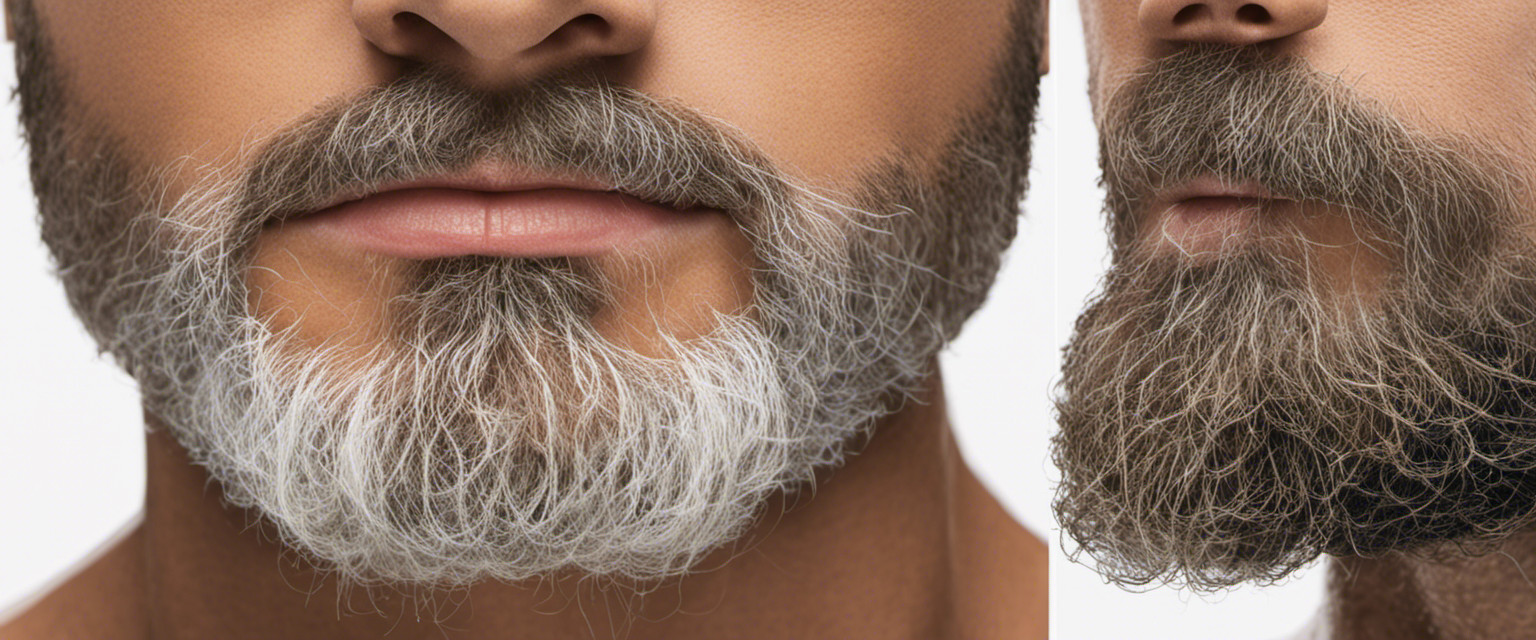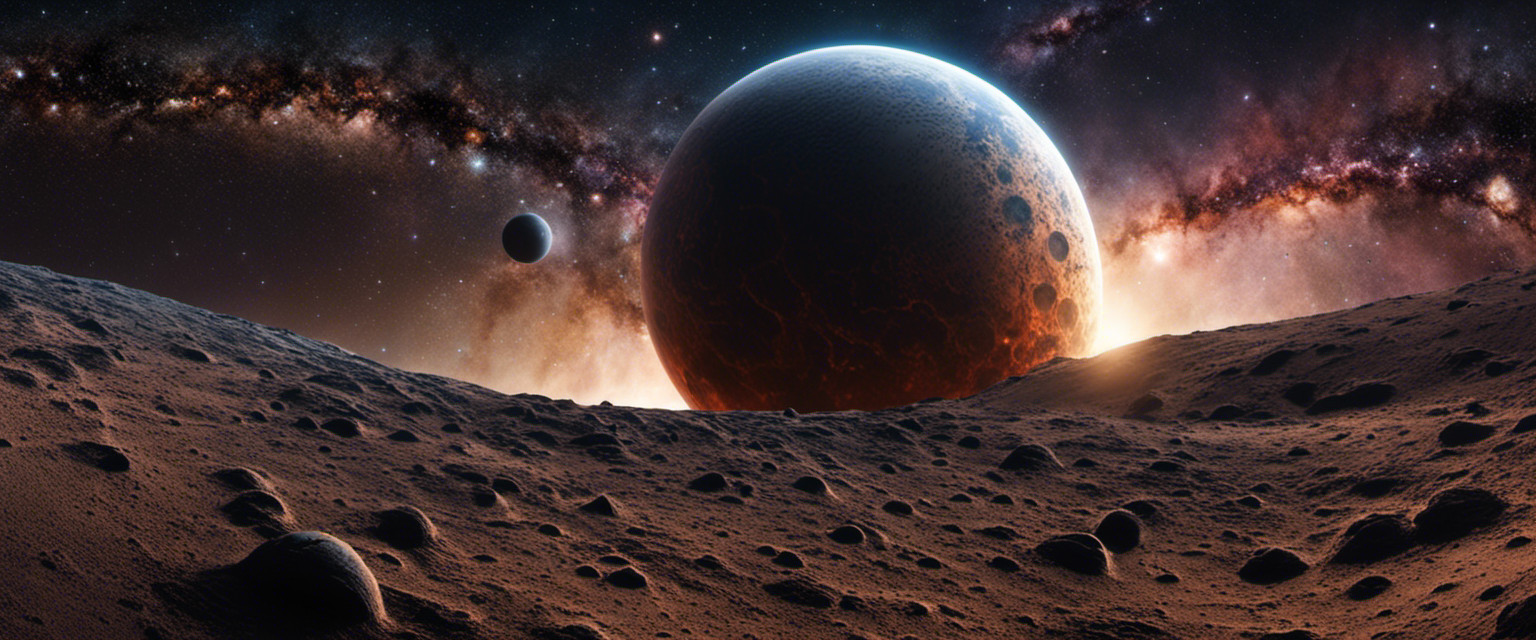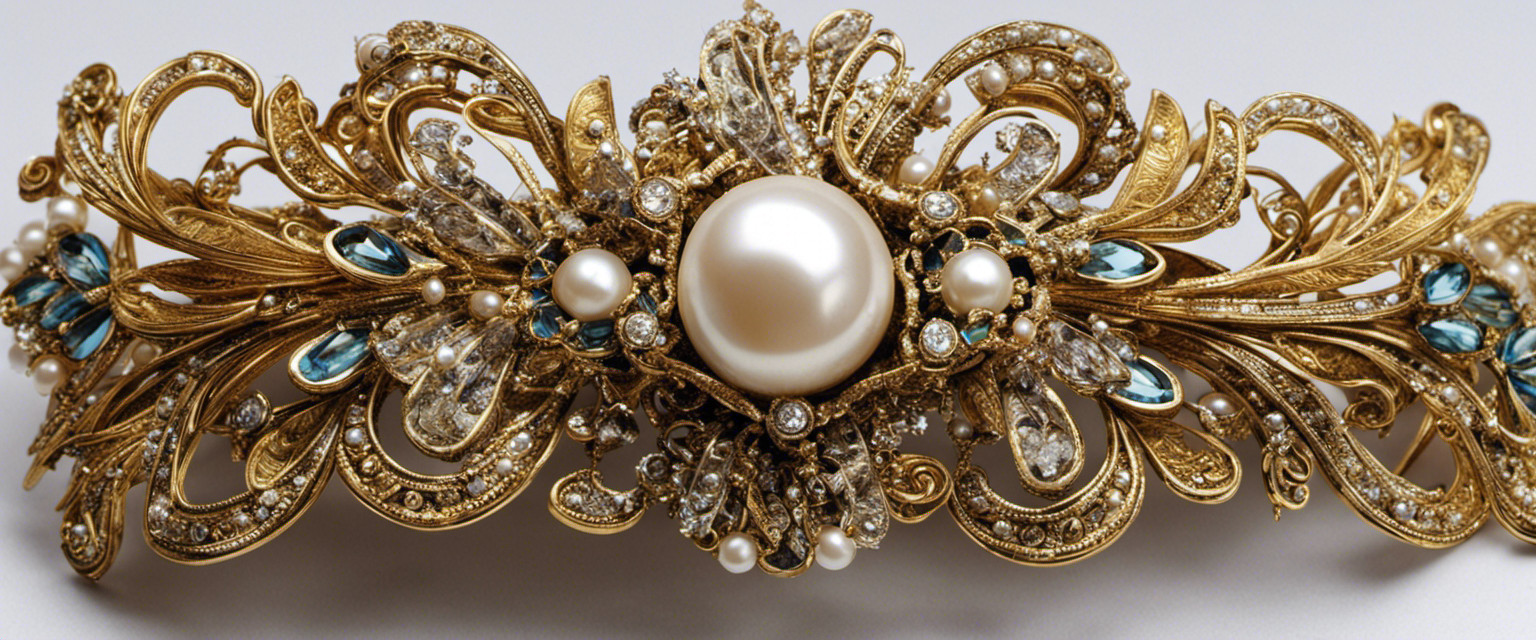In the realm of facial hair, there exists a plethora of knowledge regarding beard growth that may be deemed trivial. This article aims to explore this seemingly useless information about the science behind beard growth.
By delving into the historical aspects and elucidating the main explanation concerning hormones and their influence on beard development, readers will gain insights into this intriguing topic.
Furthermore, practical tips for maintaining a healthy beard will be provided, followed by concluding thoughts on the matter at hand.
Beard Growth History
This discussion will explore the ancient grooming techniques used for beard maintenance and the evolutionary purpose of beards.
Examining historical practices, such as the use of various oils, combs, and scissors, can provide insight into how individuals in ancient societies cared for their facial hair.
Additionally, understanding the evolutionary significance of beards can shed light on why this characteristic has persisted throughout human history.
Ancient Beard Grooming Techniques
Ancient civilizations employed various techniques to groom their beards, as evidenced by historical records and artifacts. Beard oils were commonly used, providing benefits such as moisturizing the skin and softening the hair.
Traditional shaving methods included using sharp flint blades or primitive razors made from shells or animal bones. These grooming practices highlight the importance placed on beard care in ancient societies.
Understanding these techniques can shed light on the evolutionary purpose of beards in later sections.
Evolutionary Purpose of Beards
The evolutionary purpose of beards can be understood by examining the adaptive advantages they provided to ancient civilizations.
Beards have cultural significance and have been a prominent feature throughout history, with various beard styles evolving over time.
They were not only an indicator of masculinity but also served practical purposes such as protection against extreme weather conditions and physical combat.
Additionally, beards played a role in social signaling, conveying status, wisdom, and maturity among individuals in ancient societies.
Main Explanation: Hormones and Beard Growth
Hormones play a vital role in the process of beard growth. Hormonal imbalances can affect beard growth, and certain medical conditions can also have an impact.
Testosterone is the primary hormone responsible for stimulating facial hair growth, while dihydrotestosterone (DHT) plays a role in determining the pattern and thickness of the beard. Imbalances in these hormones can lead to patchy or slow-growing beards.
Medical conditions such as hypothyroidism and polycystic ovary syndrome (PCOS) can also interfere with beard growth due to hormonal disruptions.
Tips for Beard Maintenance
Regular grooming practices are essential for maintaining a healthy and well-groomed beard. To ensure proper beard maintenance, consider the following tips:
- Regularly trim your beard to maintain its shape and prevent split ends.
- Use beard oil to moisturize and soften the hair, reducing itchiness and promoting healthy growth.
- Cleanse your beard regularly with a gentle shampoo or cleanser designed specifically for facial hair.
- Brush or comb your beard daily to stimulate blood flow, distribute natural oils, and prevent tangling.
Final Thoughts
In conclusion, it is evident that implementing these recommended grooming practices can contribute to the overall health and appearance of one’s beard.
While there are numerous myths surrounding beard growth, such as the belief that shaving promotes faster growth or that certain products can magically enhance beard thickness, it is important to rely on scientific evidence rather than unfounded claims.
Additionally, cultural perceptions of facial hair vary across different societies and time periods, further emphasizing the need for individual preferences in maintaining a well-groomed beard.
Frequently Asked Questions
Can Beard Growth Be Influenced by the Phases of the Moon or Other Astrological Factors?
The effect of lunar phases on beard growth and the impact of astrology on beard growth are topics that have not been scientifically proven. There is currently no evidence to support these claims.
Are There Any Specific Foods or Supplements That Can Significantly Accelerate Beard Growth?
Foods and supplements that promote beard growth are often sought after as natural remedies for faster beard growth. However, current scientific evidence does not support the claim that specific foods or supplements significantly accelerate beard growth.
Is There a Correlation Between the Length of a Man’s Beard and His Level of Testosterone?
A study found a weak positive correlation between beard length and testosterone levels in men, suggesting that higher testosterone may contribute to longer beards. However, stress and genetics also play significant roles in beard growth.
Can Excessive Beard Trimming or Shaving Actually Slow Down Beard Growth Over Time?
Experiments on beard growth suggest that excessive trimming or shaving does not directly slow down beard growth over time. However, it may cause hair to appear thinner due to the blunt tips and potential stress on follicles.
Are There Any Proven Methods to Permanently Stop Beard Growth for Those Who Prefer a Clean-Shaven Look?
The use of laser treatment for permanent hair removal is a proven method to permanently stop beard growth for individuals who prefer a clean-shaven look. It offers an effective solution by targeting hair follicles and preventing future hair growth.






